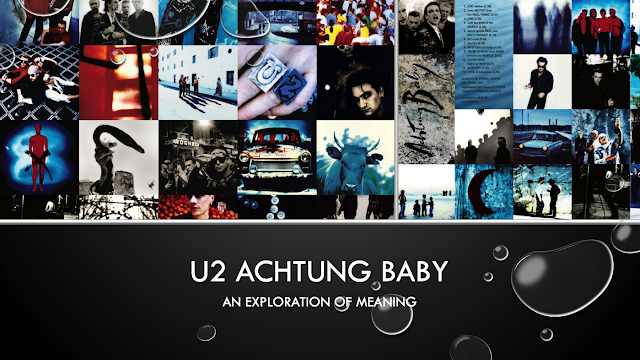Journal #1: The Empire Writes Back (ENG 490)
 |
| Source: Postcolonial Studies Emory University |
Reading Journal #1: The Empire Writes Back
I found The Empire Writes Back to be an interesting read. After I finished reading it, however, I had to ask myself why the book was so limited in scope. The entire conversation in this book is about essentially Western European colonization and exploitation. Why wasn’t there more mention of Spanish; both the language and the colonization and exploitation sponsored and carried out by Spain. Except for a brief mention in chapters three and six, this book omits that entire block of history and thereby disregards the impact of European expansion on South America, Central America, and a large chunk of North America. The brief references to settlement in North America and the displacements of Native Americans in the United States also seemed like a voluntary glossing over which essentially felt as if these examples were dismissed as unimportant.
My other thought, which may not really be relevant at all is about how far back in time we go with the concept of settlers and invaders and their impact on the displaced. Rome conquered large parts of Europe. What marks did they leave on those cultures? Scandinavian seafarers invaded what is modern Great Britain—what marks did they leave on these cultures? Imperial Japan left its mark in many parts of Asia and those scars are still not healed. What about them? How about the post WWII occupation of Japan by the United States and the subsequent cultural impact of that? Or the post WWII occupation of Germany and the impact of that? I would have at least liked to see a preface that acknowledged that colonial/settler conditions existed globally and this book acknowledged that its scope was omitting those with open eyes, rather than what felt like a glossing over or omission as value judgement.
For me, The Empire Writes Back is interesting because to shine a light on the impact of colonization and the forcing function of language used as an act of violence to suppress the subjugated culture, the authors are really shining a bright light back on English. This book isn’t really about the ‘other.’ It’s about the English-speaking colonists/settlers/invaders and their impact on the ‘other’ and what happened after the English speakers either left or became the permanent dominant culture—so, while I get that this is a book about English and english, I felt that it omitted so much, even in general terms, that it feels like it denies the existence, value, gravity, and/or significance of any but English colonization and its aftermath. It says: “look what we did and what happened after.”
What I found valuable about The Empire Writes Back, is the discussion of cross-cultural concepts and the debate over syncretic culture vs. decolonization. I find decolonization is an odd concept. We, humans everywhere, can’t rewind time to erase the impact of events that we prefer didn’t happen. Even in totalitarian states that control education and information, reality always seeps in. The idea of syncretic culture seems the most realistic to me, particularly in an age where communication is at the speed of light and technology allows us access to both be exposed to and learn about other cultures. This is apparent in the rapid adoption of “foreign” pop culture in many countries, for example. Instead of decolonization, it strikes me as more valuable to place real value on all cultures and to treat them all fairly and equally. The short story examples mentioned in The Empire Writes Back like “Sandra Street” and “Not Wanted of the Voyage” piqued my interest and I thought that portion of the book was enlightening. The examples helped to solidify the challenge of attributing or recognizing cultural value through language.
I also found the discussion of how language works useful. I’m bilingual and didn’t speak English at all until I was eight, so I’m familiar with how difficult it can be to express a very specific feeling in a language that does not have a corresponding word for it. I think therefore you see so much French and German in English—it’s because English fails here by not having an equivalent word. Schadenfreude and Bildungsroman being two examples most people in class might be familiar with. Conversely, now that I’m fluent in English, I often find myself searching for a word that can only be expressed adequately in English. It’s funny how language works. I imagine Spanish speakers or Japanese speakers or speakers of any other language in addition to English understand this concept as well. I think the reason this concept is so significant in English writing is because, particularly in America, so few people that aren’t from an immigrant background are bilingual. If you only speak one language all these concepts are hard to grasp. I’m looking forward to reading work written by authors whose first language isn’t English in this course.
Work Cited
Ashcroft, Bill, Gareth Griffiths, and Helen Tiffin. The Empire Writes Back. Routledge, 2002.

